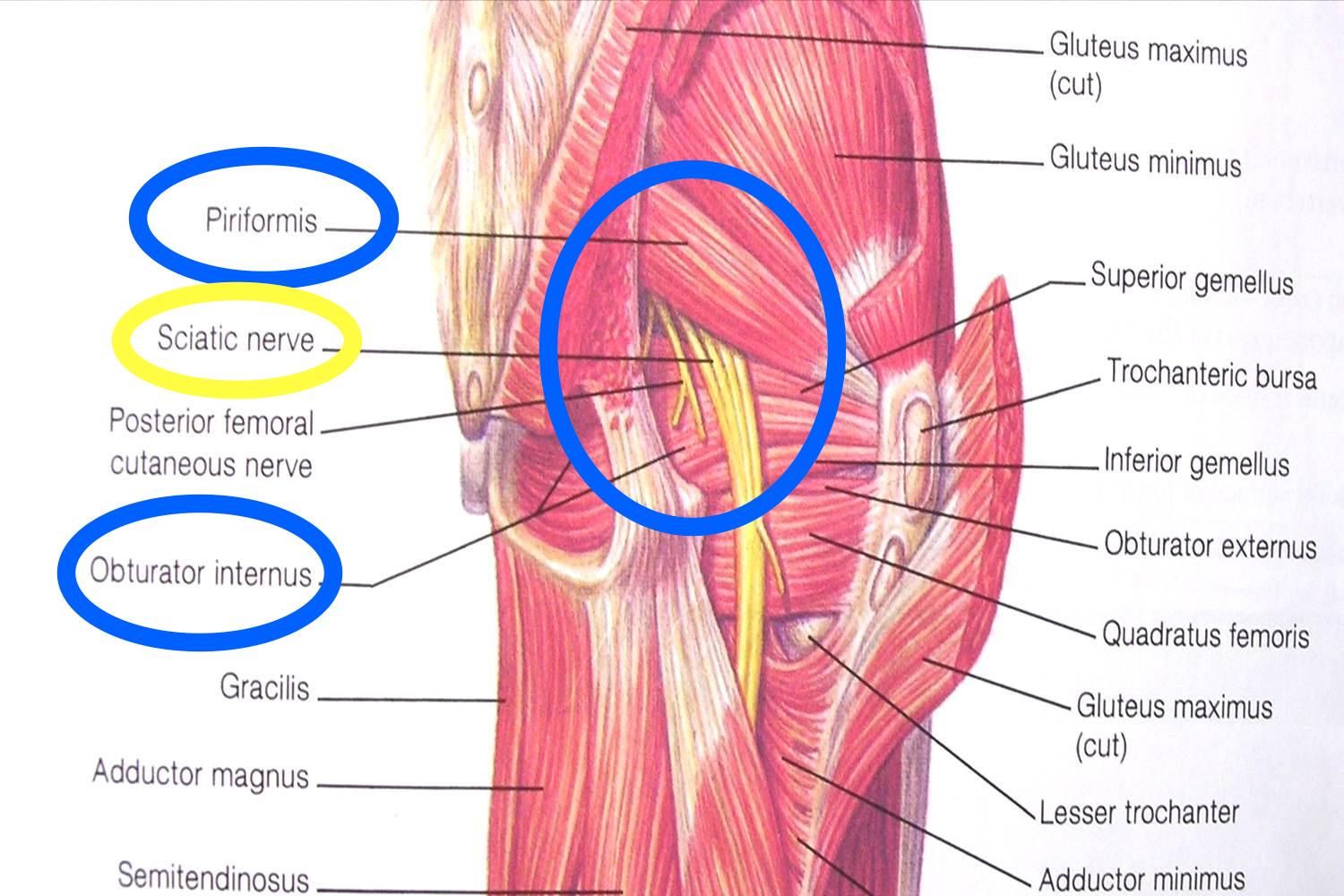2017, Responses from: Heba Shaheed
Lately I’ve been wondering about whether my sciatica could be related to my endometriosis, I first developed sciatic pain 3 years ago and it was initially triggered by intercourse and I went to the ER at the time only to be referred onto a spinal specialist. At the time, I could barely walk because the pain in my right hip was so bad and radiated all the way down to my foot and I had to use a walking stick for a few months. I’ve seen a spinal specialist, musculoskeletal specialist, physio and myofascial masseuse about it and have had MRI’s and the conclusion was that I didn’t have any spinal problems or muscular problems (such as disc bulges or piriformis muscle syndrome) that could be causing it. I was told that there was something wrong with my sciatic nerve and that the only thing I could do was to have the nerve burnt so it stopped sending pain signals. 7 months ago, I had my laparoscopy to diagnose stage 3 endo and lately Ive been wondering if my sciatica could be related? The pain in my right hip is chronic now and worsens significantly when I have my period, I know its rare but could it be extra pelvic endo? What is the best course of action to find out more about this as gynecologists seem to only want to treat the organs they are familiar with.
Heba Shaheed: There is a possibility that your sciatica is musculoskeletal driven by your pelvic floor and pelvic wall muscles. The sciatic nerve has a complicated pathway through your body – yes, it is partly spinal, however it also passes in a “loop-like” fashion through your pelvic floor and deep hip muscles.

The sciatic nerve is usually treated with myofascial release work EXTERNALLY at the level where it passes across the PIRIFORMIS muscle. However, in some women the sciatic nerve passes THROUGH the piriformis muscle. It is important to note that parts of the PIRIFORMIS muscle can only be myofascially released INTERNALLY through the vagina – so if you have only had external muscle releases, this is not enough. The sciatic nerve also passes across another internal muscle called the OBTURATOR INTERNUS. Very often women who have pain or spasm associated with sexual intercourse, the obturator internus and the pelvic floor muscles have likely gone into spasm or are tight and painful. The fact that you are complaining of HIP pain further indicates that your OBTURATOR INTERNUS is likely the culprit. Chronic hip pain has been shown through research studies to be directly related to obturator internus and many physios, massage therapists, doctors, etc will miss this important muscle because it is located INTERNALLY. You need to see a women’s health physiotherapist who specialises in pelvic pain and is skilled in internal myofascial releases.
The other thing is sometimes we can label any type of “nerve pain” as sciatica. But sometimes another nerve may be causing the pain e.g. the genitofemoral nerve or the obturator nerve or the pudendal nerve. It doesn’t really matter exactly which nerve it is but WHY the nerve is causing you pain i.e. what muscle is cramping around the nerve causing it to get overexcited and trigger pain signals. My advice: have the internal muscles investigated and released by a women’s health physio, attempt some basic hip and pelvic stretches such as child’s pose and buttock stretches, and try to relax down through your pelvic floor – imagine the way a pebble drops into a pond and the ripples it makes outwards and visualise that in your pelvic bowl. There is a possibility that it could be endometriosis though this is rare, so the best thing is to rule out the musculoskeletal system which is the more likely cause. All the best!


